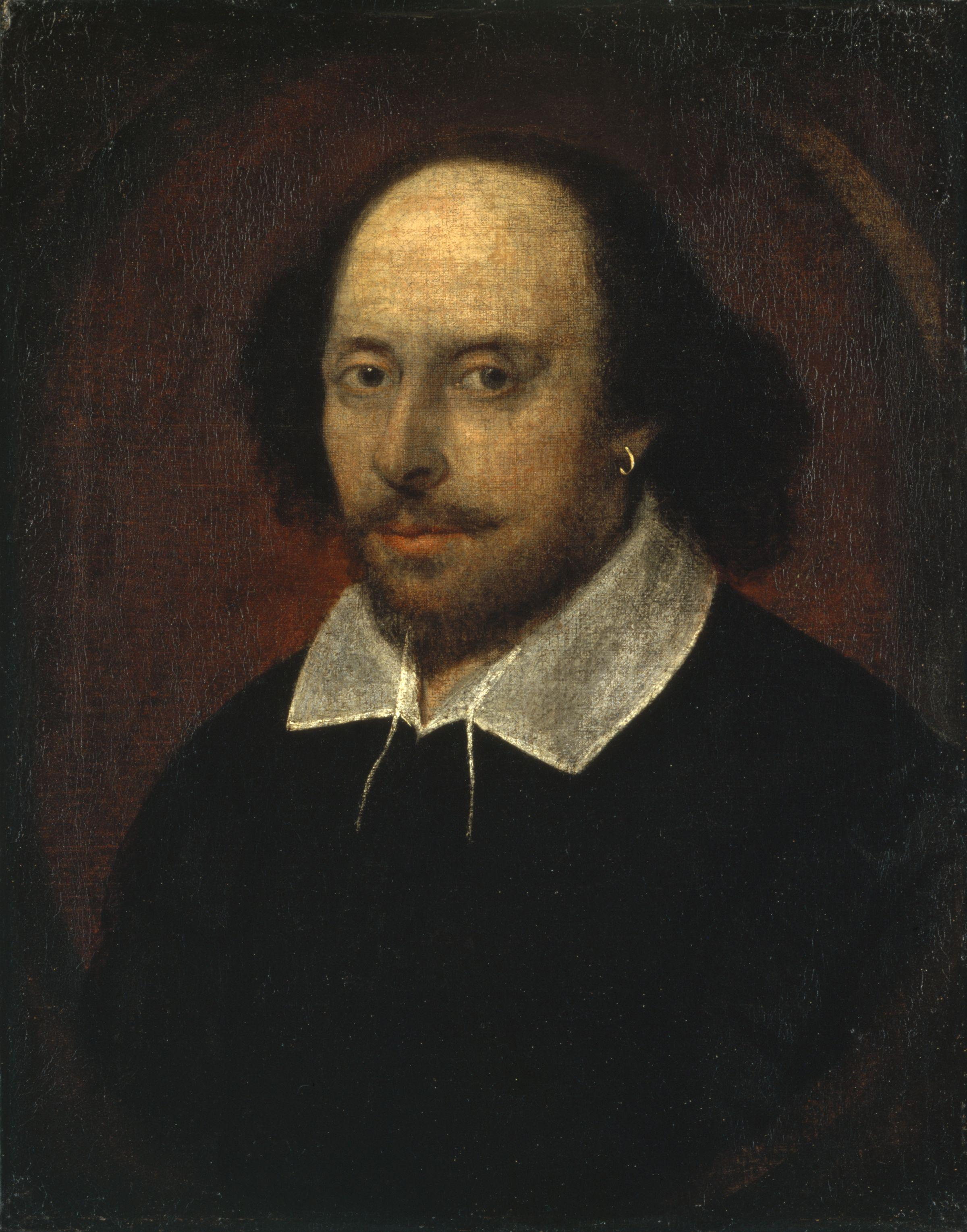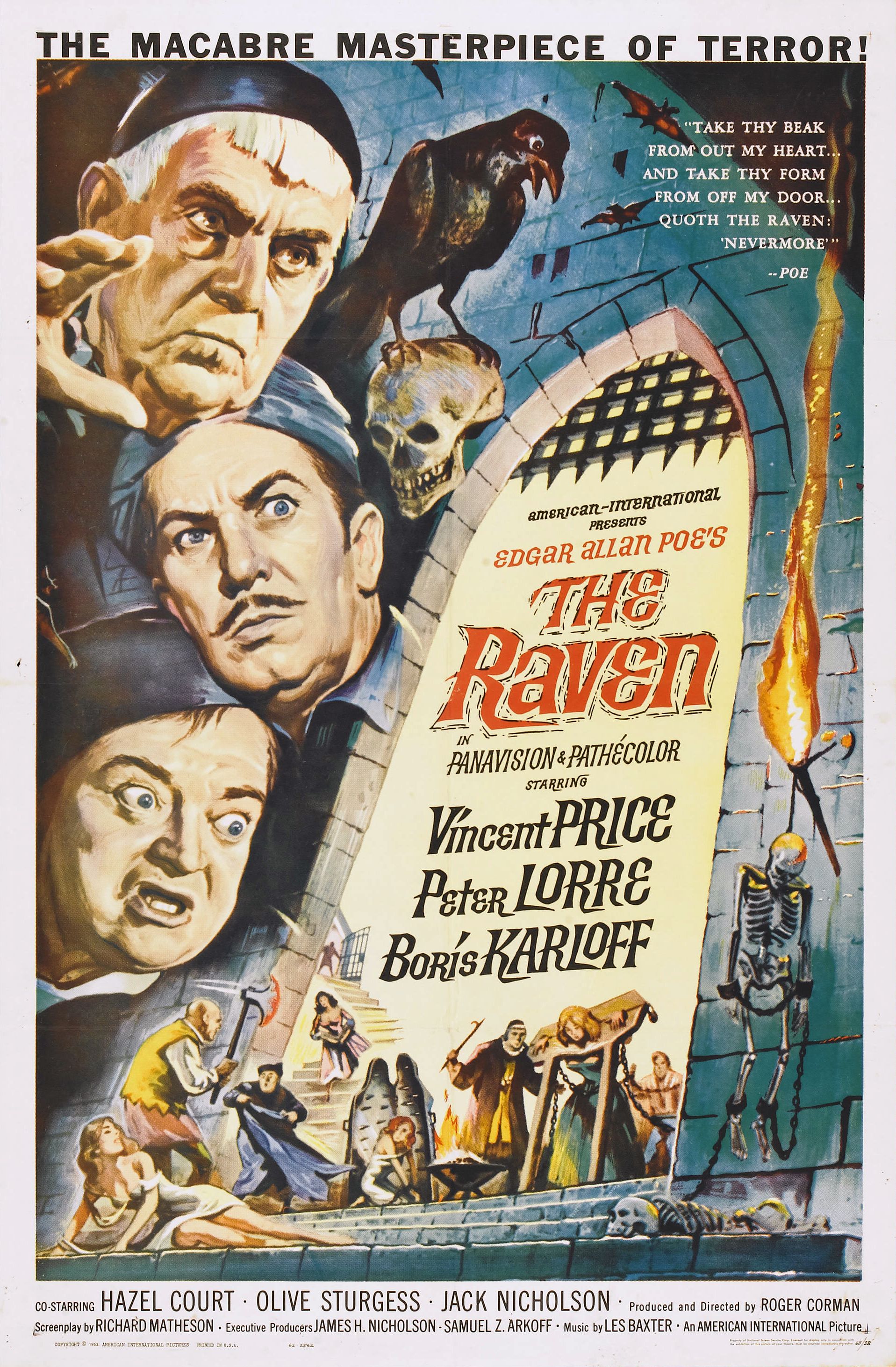|
Spinning Newspaper
A spinning newspaper is a film transition device. At the conclusion of a scene or act, an image of a rapidly spinning newspaper is displayed. The newspaper stops spinning to reveal a headline that reflects what happened between the preceding and subsequent segments of the film story, preparing the audience for what follows. It may be accompanied by other similar tropes, such as a newsboy declaring "Extra, extra, read all about it," or a stack of newspapers being thrown to a street vendor from a delivery truck, and then shown in close-up. Many B movies of the 1940s, 50s, and 60s utilized the spinning newspaper effect to narrate important plot points that occurred offscreen. The effect necessitated the appearance of a realistic front page, which consisted of a main headline The headline is the text indicating the content or nature of the article below it, typically by providing a form of brief summary of its contents. The large type ''front page headline'' did not come into us ... [...More Info...] [...Related Items...] OR: [Wikipedia] [Google] [Baidu] |
Film Transition
A film, also known as a movie or motion picture, is a work of visual art that simulates experiences and otherwise communicates ideas, stories, perceptions, emotions, or atmosphere through the use of moving images that are generally, since the 1930s, synchronized with sound and (less commonly) other sensory stimulations. Etymology and alternative terms The name "film" originally referred to the thin layer of photochemical emulsion on the celluloid strip that used to be the actual medium for recording and displaying motion pictures. Many other terms exist for an individual motion-picture, including "picture", "picture show", "moving picture", "photoplay", and "flick". The most common term in the United States is "movie", while in Europe, "film" is preferred. Archaic terms include "animated pictures" and "animated photography". "Flick" is, in general a slang term, first recorded in 1926. It originates in the verb flicker, owing to the flickering appearance of early films ... [...More Info...] [...Related Items...] OR: [Wikipedia] [Google] [Baidu] |
Scene (filmmaking)
A scene is a dramatic part of a story, at a specific time and place, between specific characters. The term is used in both filmmaking and theatre, with some distinctions between the two. Theatre In drama, a scene is a unit of action, often a subdivision of an Act (drama), act. French scene A "French scene" is a scene in which the beginning and end are marked by a change in the presence of characters onstage, rather than by the lights going up or down or the set being changed. Obligatory scene From the French ''scène à faire'', an obligatory scene is a scene (usually highly charged with emotion) which is anticipated by the audience and provided by an obliging playwright. An example is ''Hamlet'' 3.4, when Hamlet confronts his mother. Film In filmmaking and video production, a scene is generally thought of as a section of a motion picture in a single Filming location, location and continuous time made up of a series of shot (filmmaking), shots, which are each a set o ... [...More Info...] [...Related Items...] OR: [Wikipedia] [Google] [Baidu] |
Act (drama)
An act is a major division of a theatrical work, including a play, film, opera, ballet, or musical theatre, consisting of one or more scenes. The term can either refer to a conscious division placed within a work by a playwright (usually itself made up of multiple scenes) or a unit of analysis for dividing a dramatic work into sequences. The word ''act'' can also be used for major sections of other entertainment, such as variety shows, television programs, music hall performances, cabaret, and literature. Acts and scenes An act is a part of a play defined by elements such as rising action, climax, and resolution. A scene normally represents actions happening in one place at one time and is marked off from the next scene by a curtain, a blackout, or a brief emptying of the stage. The elements that create the plot of a play and divide it into acts include the exposition, which sets up the rest of the story by giving basic information. Another element is the inciting incid ... [...More Info...] [...Related Items...] OR: [Wikipedia] [Google] [Baidu] |
Newspaper
A newspaper is a Periodical literature, periodical publication containing written News, information about current events and is often typed in black ink with a white or gray background. Newspapers can cover a wide variety of fields such as politics, business, sports, art, and science. They often include materials such as opinion columns, weather forecasts, reviews of local services, Obituary, obituaries, birth notices, crosswords, editorial cartoons, comic strips, and advice columns. Most newspapers are businesses, and they pay their expenses with a mixture of Subscription business model, subscription revenue, Newsagent's shop, newsstand sales, and advertising revenue. The journalism organizations that publish newspapers are themselves often Metonymy, metonymically called newspapers. Newspapers have traditionally been published Printing, in print (usually on cheap, low-grade paper called newsprint). However, today most newspapers are also Electronic publishing, published on webs ... [...More Info...] [...Related Items...] OR: [Wikipedia] [Google] [Baidu] |
Trope (cinema)
In cinema, a trope is a type of stereotypical situation or mannerism of a character that is commonly used in its setting or genre. A common thematic trope is the rise and fall of a mobster in a classic gangster film. The film genre also often features the sartorial trope of a rising gangster buying new clothes. Etymology The term has the same origin as that of "trope" in the sense of literature, and derived from this. In turn, this came from the Greek (''tropos''), "turn, direction, way", derived from the verb τρέπειν (''trepein''), "to turn, to direct, to alter, to change". Tropes and their classification were an important field in classical rhetoric. The study of tropes has been taken up again in modern criticism, especially in deconstruction. Tropological criticism (not to be confused with tropological reading, a type of biblical exegesis) is the historical study of tropes, which aims to "define the dominant tropes of an epoch" and to "find those tropes in litera ... [...More Info...] [...Related Items...] OR: [Wikipedia] [Google] [Baidu] |
Newspaper Hawker
A newspaper hawker, newsboy or newsie is a street vendor of newspapers without a fixed newsstand. Related jobs included paperboy, delivering newspapers to subscribers, and news butcher, selling papers on trains. Adults who sold newspapers from fixed newsstands were called newsdealers, and are not covered here. The hawkers sold only one newspaper, which usually appeared in several editions a day. A busy corner would have several hawkers, each representing one of the major newspapers. They might carry a poster board with giant headlines, provided by the newspaper. The downtown newsboy started fading out after 1920 when publishers began to emphasize home delivery. Teenage newsboys delivered papers on a daily basis for subscribers who paid them monthly. Hawkers typically purchased a bundle of 100 copies from a wholesaler, who in turn purchased them from the publisher. Legally every state considered the newsboys to be independent contractors, and not employees, so they generally were no ... [...More Info...] [...Related Items...] OR: [Wikipedia] [Google] [Baidu] |
B Movie
A B movie, or B film, is a type of cheap, low-budget commercial motion picture. Originally, during the Classical Hollywood cinema, Golden Age of Hollywood, this term specifically referred to films meant to be shown as the lesser-known second half of a double feature, somewhat similar to A-side and B-side, B-sides in recorded music. However, the production of such films as "second features" in the United States largely declined by the end of the 1950s. This shift was due to the rise of commercial television, which prompted film studio B movie production departments to transition into television film production divisions. These divisions continued to create content similar to B movies, albeit in the form of low-budget films and series. Today, the term "B movie" is used in a broader sense. In post-Golden Age usage, B movies can encompass a wide spectrum of films, ranging from sensationalistic exploitation films to independent arthouse productions. In either usage, most B movies ... [...More Info...] [...Related Items...] OR: [Wikipedia] [Google] [Baidu] |
Headline
The headline is the text indicating the content or nature of the article below it, typically by providing a form of brief summary of its contents. The large type ''front page headline'' did not come into use until the late 19th century when increased competition between newspapers led to the use of attention-getting headlines. It is sometimes termed a news ''hed'', a deliberate misspelling that dates from production flow during hot type days, to notify the composing room that a written note from an editor concerned a headline and should not be set in type. Headlines in English often use a set of grammatical rules known as '' headlinese'', designed to meet stringent space requirements by, for example, leaving out forms of the verb "to be" and choosing short verbs like "eye" over longer synonyms like "consider". Production A headline's purpose is to quickly and briefly draw attention to the story. It is generally written by a copy editor, but may also be written by the writer, ... [...More Info...] [...Related Items...] OR: [Wikipedia] [Google] [Baidu] |
Seattle Post-Intelligencer
The ''Seattle Post-Intelligencer'' (popularly known as the ''Seattle P-I'', the ''Post-Intelligencer'', or simply the ''P-I'') is an online newspaper and former print newspaper based in Seattle, Washington (state), Washington, United States. The newspaper was founded in 1863 as the weekly ''Seattle Gazette'', and was later published daily in broadsheet format. It was long one of the city's two daily newspapers, along with ''The Seattle Times'', until it became an online-only publication on March 18, 2009. History J.R. Watson founded the ''Seattle Gazette'', Seattle's first newspaper, on December 10, 1863. The paper failed after a few years and was renamed the ''Weekly Intelligencer'' in 1867 by new owner Sam Maxwell. In 1878, after publishing the ''Intelligencer'' as a morning daily, printer Thaddeus Hanford bought the ''Daily Intelligencer'' for $8,000. Hanford also acquired Beriah Brown's daily ''Puget Sound Dispatch'' and the weekly ''Pacific Tribune'' and folded both pap ... [...More Info...] [...Related Items...] OR: [Wikipedia] [Google] [Baidu] |





